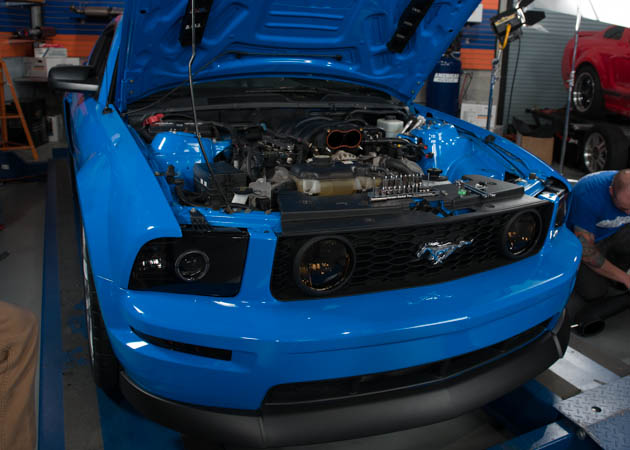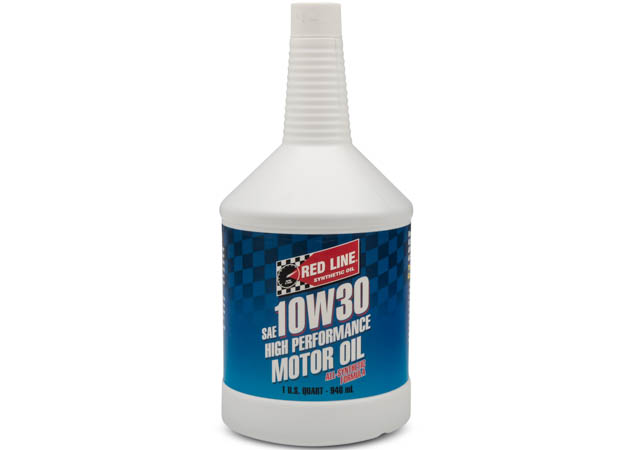All oils come from the earth, and this may leave you wondering if the brand of oil you are using really matters. Guys will swear by Royal Purple, Amsoil, Mobil, Lucas, Redline, Valvoline and even Motul; each telling you why the oil they prefer is the best. The truth behind oil is that it is typically designed for a specific use.
For example, some oils are meant for daily drivers, while others are intended for use on the track. How do you know which one you should be running and when? All the previous listings we discussed are strong reputable brands that have offerings for just about any application between them. However, understanding the pros and cons of each will help you decide which oil is best for you and your car. For specialty vehicles, Royal Purple, Lucas, Redline, and Motul will be found on the top of the list. The blends they use are what keep them stable in the abusive, high heat environment of racing engines which is a pro. The cons are the offerings of viscosity variances and conventional blends by these brands is limited, if even available. Also, depending on your location, they can be hard to come across.
As for which is the best among them, it’s all in the eye of the beholder. Royal Purple is typically crowned king for track use, though the contenders on the list are very much in the same rankings. Brands like Valvoline and Mobil do offer synthetic bends and offer great track options. Though they aren’t commonly held on high by the masses in this department. Where they truly shine is in their selection and abundance. Both can be found nearly anywhere with just about any viscosity or blend one could want. They also are much more economical, in most cases, which makes them the perfect choice for daily drivers.
If you just picked up your Mustang from a private seller, a mineral based oil with a lot of detergents might not be a bad idea to clean out the engine, assuming the previous owner wasn't as much of an enthusiast as you.





